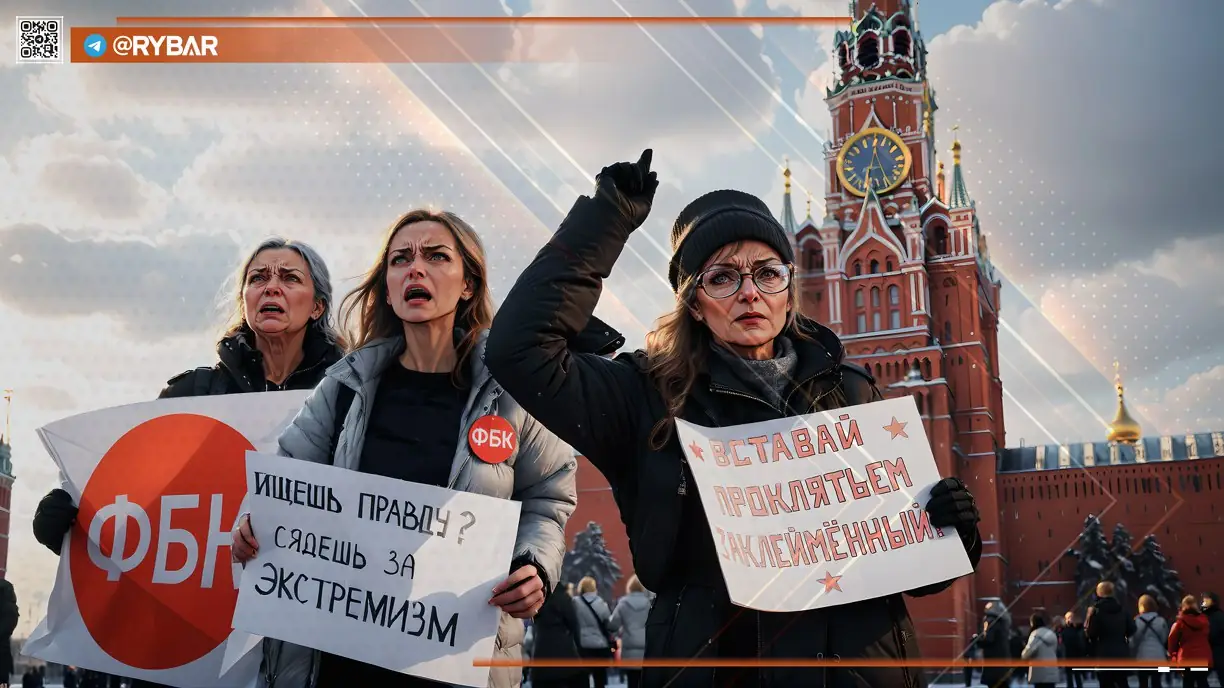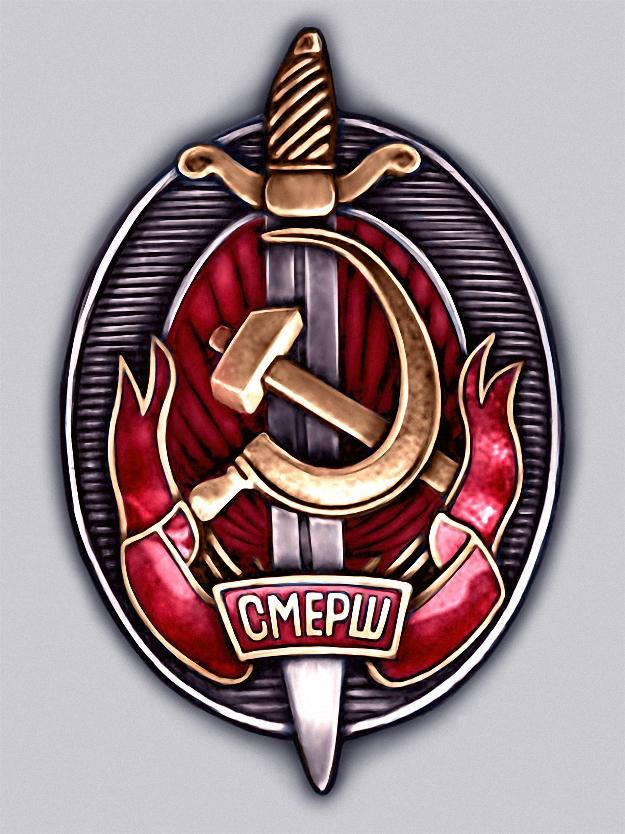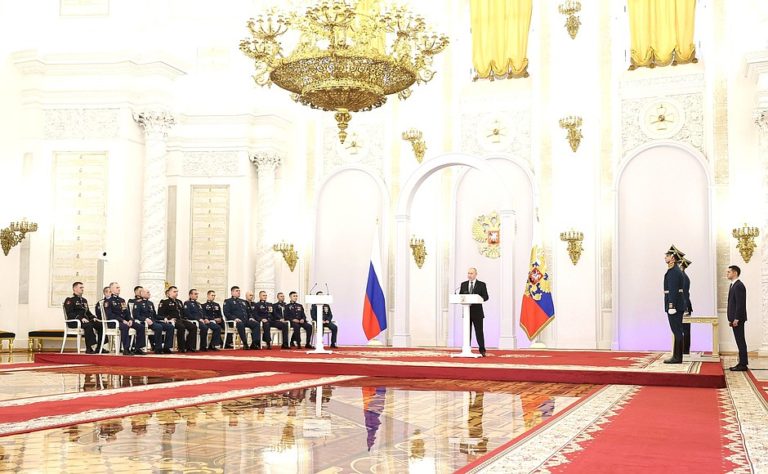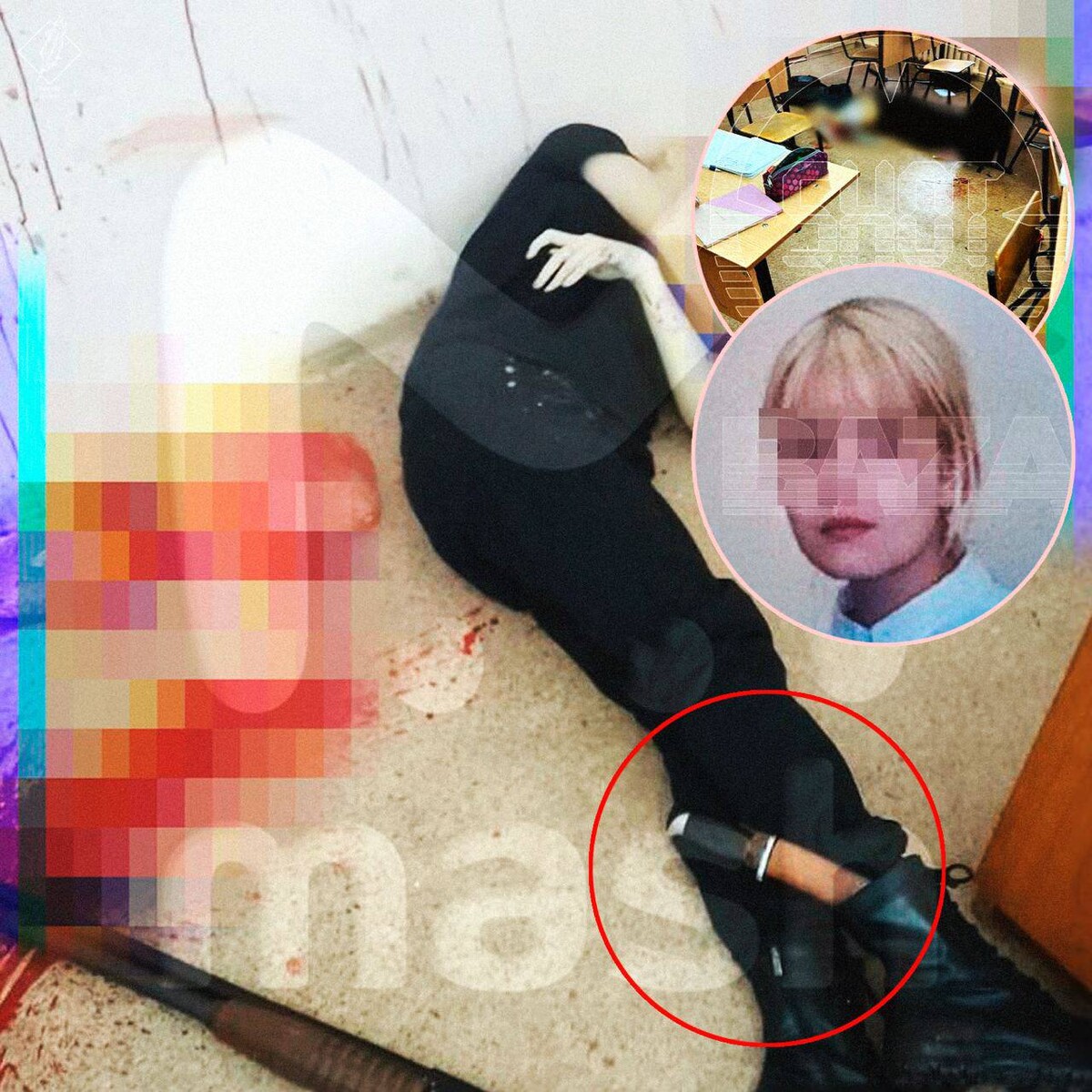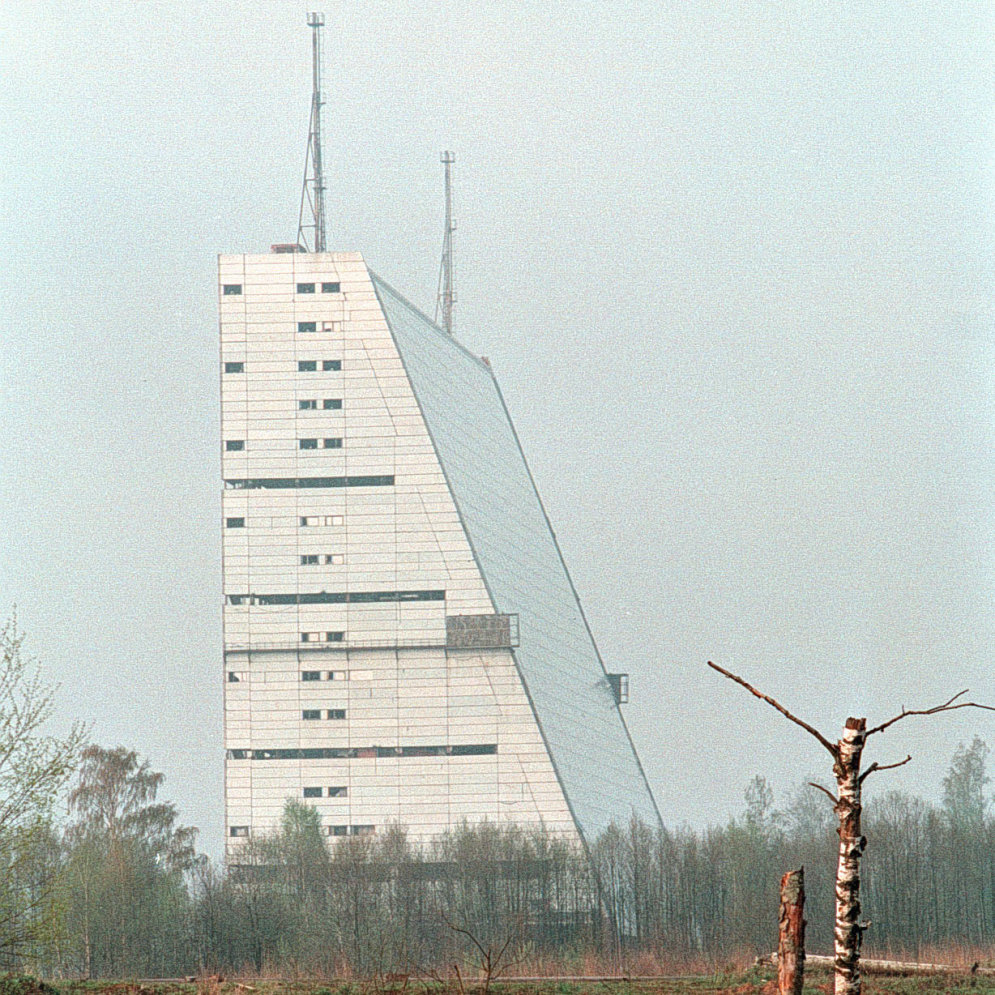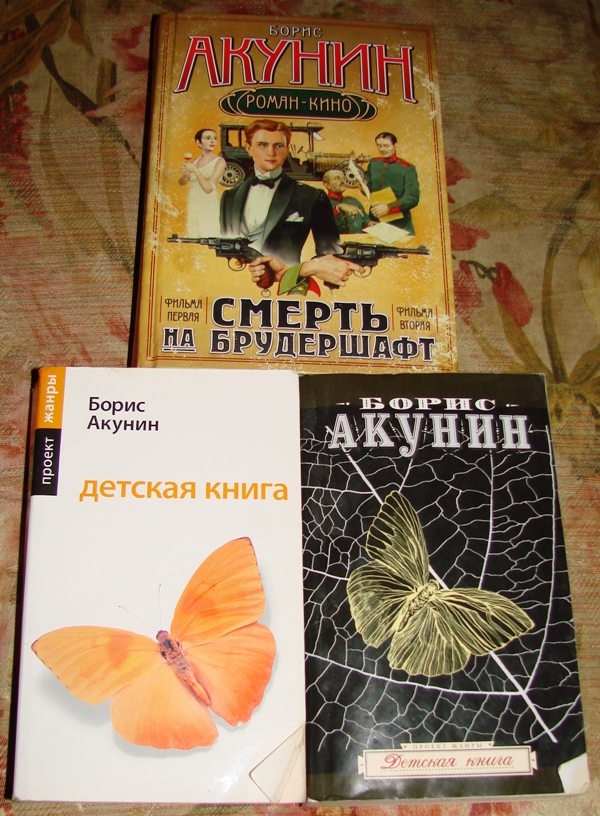
by John Helmer, Moscow @bears_with
When President Vladimir Putin wrote a condolence on the death of Henry Kissinger (lead image), according to the Kremlin communiqué, the president said things in private to Kissinger’s widow which he left unreported to the Russian press.
The Kremlin communiqué says: “Condolences over the passing of Henry Kissinger. Vladimir Putin offered condolences over the passing of Henry Kissinger to his wife, Nancy Kissinger. The message reads, in part: An outstanding diplomat, a wise and far-sighted statesman who enjoyed well-deserved respect around the world for decades, has passed away. Henry Kissinger’s name is inextricably linked with America’s pragmatic foreign policy, which played a pivotal role in defusing international tensions at the time and achieving crucial Soviet-American agreements that contributed to strengthening global security. I had multiple opportunities to talk face-to-face with this profound and extraordinary man, and I will certainly cherish the warmest memories of him.”
What the Russian intelligence services, General Staff, Foreign Ministry, and Russian historians remember about Kissinger, and Putin’s relationship with him, has also not been reported. In the official record of Putin’s communications with Kissinger, Putin himself has never acknowledged, let alone agreed with the official assessments of Kissinger by advisors led by Yevgeny Primakov, former KGB head, foreign minister, prime minister, and, like Kissinger, of Jewish origin. They told Putin that Kissinger was an untrustworthy liar; a violent schemer; a hegemonic expansionist if he could get away with it – always dangerous for Russia’s security.
Putin has revealed that he felt complimented when Kissinger sought him out at the beginning of their relationship in 1992. Putin was then an assistant to Anatoly Sobchak, Mayor of St. Petersburg and candidate to replace Boris Yeltsin as President of Russia; Putin’s role was management of external economic relations. “As for our personal relations [with Kissinger],” Putin said on June 21, 2012, “they began while I was working as deputy mayor of St Petersburg, back in the mid-1990s. You [Kissinger] came here as the head of the Russian-American commission [October 1992]. I am very glad that we have maintained these relations to this day.”

Kissinger’s group of Americans arrived with their investment pitches a year after the St.Petersburg-Melbourne (Russia-Australia) commission began its meetings on investment cooperation in November 1991. In that commission I played the Kissinger role. Across the table, Putin was in the same position at Sobchak’s left hand; he did not take part in the project negotiations and in the follow-up. Left to right, Mayor Anatoly Sobchak, interpreter, Vladimir Putin; John Helmer, Melbourne Lady Mayoress Colleen Meldrum, Melbourne Lord Mayor Richard Meldrum. Source: https://drive.google.com/
In a 2018 interview with NBC, Putin again referred to that time. “I was Deputy Mayor of St Petersburg. I assumed even greater and broader responsibility. I dealt with St Petersburg’s international ties, and that is a metropolis with a population of five million people. While working in this capacity in St Petersburg, I first met Henry Kissinger. Of course, all this helped me in my work at that time, and my additional experience later helped me in my work in Moscow.”
Follow the Kremlin archive on Putin’s meetings with Kissinger from 1992. And for analysis of Kissinger’s performance, click to read this archive.
Missing from Putin’s recollection of their relationship is the story of Kissinger’s employment by Mikhail Khodorkovsky. Here is that story again.
You can always tell when an American politician is well and truly washed up, a has-been.
He comes to Russia to meet the tsar so that he can go back to Washington and get the Marine salute at the White House before he divulges the very latest on what the big, bad Russian had to say. Since wash-ups and has-beens are mean with folding-money, their expenses have to be paid for by somebody. Sometimes it’s companies that make airplanes, sometimes soda pop. Ex-Senator Gary Hart used to come when he was still in his prime; ex-President Richard Nixon when he was in his dodders. Now it’s the turn of ex-President George Bush Sr. and ex-Secretary of State Henry Kissinger. So long as Boris Yeltsin was in the Kremlin, he could manage to disguise how washed up his guests were, by comparison with himself. President Vladimir Putin is a different kettle of fish.
Putin must return to the United States shortly, and, now that things are going so much worse internationally for the Americans than they had imagined possible the last time Putin met George Bush Jr., it’s no skin off Putin’s nose if he sends his guests back to Washington with a cozy little feeling they aren’t likely to get from reading U.S. Embassy cables or the Washington Post. Not being much of a reader, Bush Jr. prefers to get his intelligence in the form of cozy little feelings.
Besides, Putin is just a little curious himself to see how badly the U.S. government wants to save the necks and fortunes of New Russians like Mikhail Khodorkovsky. Never before has an American of Kissinger’s rank wiped his shoes on the Kremlin doormat as the paid agent of a Russian businessman. So Putin can afford himself the pleasure of observing how the legendary warmaker in Vietnam and peacemaker in the Middle East — maybe I’ve got the war and peace back-to-front — lays out the pitch for Khodorkovsky, Kissinger’s current paymaster.
Since Yukos is far from being as secure as a secret service, it’s possible that leaks of Khodorkovsky’s communications with Kissinger could find their way into the public domain. But, then again, the idea that Khodorkovsky has told Kissinger what he needs doing and what he wants done, could be someone’s idea of a joke. Why else would the Russian market listen to the current rumour that Yukos-Sibneft is engaged in negotiations with a U.S. oil major that could lead to the announcement of an equity-stake sale to the big American, either during the Sept. 24 meeting of the Russia-U.S. energy partnership in St. Petersburg or not long after, during the Putin-Bush meeting in the United States? Why on earth would a U.S. oil major think of such a risky venture if the Kremlin is likely to veto it and, maybe, keep two Yukos shareholders in prison, instead of one?
What Khodorkovsky needs Kissinger for right now is plain enough. He wants to know what the Bush Administration is prepared to do if Khodorkovsky agrees to sell, merge or swap his and Platon Lebedev’s shares in Yukos with an American oil company. That the prospect of such a deal led to the arrest in July of Lebedev, Khodorkovsky’s partner and co-shareholder, is already evidence of the Kremlin’s hostility. It is also evidence of Putin’s relative weakness and his lack of any other means to control his country’s capital.
On the other hand, Bush isn’t looking as if he’s made of strong stuff either. The failure of Khodorkovsky’s appeals for White House help to date have encouraged the Kremlin to toughen its position towards the selloff of assets like Yukos and to convince Khodorkovsky that he should expect more trouble if he provokes Putin’s anger in a showdown over who should own Yukos-Sibneft and on what terms. The weakness of the Americans has also accelerated the decline of the pro-Americans inside the Kremlin and exposed with embarrassingly clarity that this faction, led by Alexander Voloshin, the presidential chief of staff, is out of tune with their boss and unable to influence or predict what he will do next. It is already obvious — as an Alfa Bank research note described the position this week — that, if Khodorkovsky tries to sell out to the Americans — the move Sibneft owner Roman Abramovich didn’t dare make — “Yukos-Sibneft is sitting front and center with a large target painted on its forehead.”
But what is Khodorkovsky paying Kissinger for, if not to lobby for him at the White House? If Bush Jr. can persuade Putin to receive Kissinger, then Kissinger may fancy he can do double duty — to persuade Bush that it’s good U.S. policy to endorse the takeover of Yukos when he and Putin meet later this month and to persuade Putin that it would be good Russian policy for him to lay off Khodorkovsky if and when the sell-out takes place.
From Kissinger’s point of view, if he could pull off both assurances — or at least persuade each president of the other’s readiness to oblige for the time being — he could even demonstrate that, in contrast to Nixon’s expensive but fruitless visits, his trip to Moscow will have earned him two of his retainers. The U.S. oil company might even offer him the standard dealmaker’s 5 percent, if Kissinger can claim to have pushed both presidents into accepting the deal, and five percent of several billion dollars is a clean-up, not a wash-up.
On the other hand, Kissinger’s assurances notwithstanding, U.S. corporate boards of directors must be able to certify that, when they spend their shareholders’ money abroad, they aren’t violating the provisions of the Sarbanes-Oxley Act. (That’s the new American law against money-laundering and foreign corruption. And that’s one of the vulnerabilities Khodorkovsky cannot escape in this tussle with the Kremlin.) Putin may not dare to send Khodorkovsky to court on similar charges to those holding Lebedev in prison right now. He may even agree with Bush to keep both pairs of presidential hands off. But then the clever boys in the Kremlin shouldn’t have much trouble pointing out to U.S. lawyers doing due diligence for the big oil company that the evidence against Khodorkovsky is strong enough to contravene Sarbanes-Oxley. That’s as good as a veto of the Yukos sale — with the political advantage that it originates from Washington, not Moscow. It’s a wash-up for Kissinger’s percentage, after all.
This was published on September 11, 2003. A fortnight later, Putin visited Kissinger at home in New York and gave him a present; Putin was officially visiting the United Nations at the time.

September 26, 2003. Source: http://en.kremlin.ru
The two men signaled the informality of their meeting by not wearing ties. As they met, in Russia Khodorkovsky had one month of freedom remaining.

Putin’s first official meeting as president with Kissinger took place on July 13, 2001. The communiqué says they “discussed topical international issues, including developments in the Middle East, U.S.-Russian relations, missile defence and international security. Messrs. Putin and Kissinger agreed that Russia must be reintegrated into the global community as a full-fledged member. The Russian president pointed out that this would not be possible to achieve without industrialised nations coming together to address European security problems.” A year earlier, on December 14, 2000, Putin told a Canadian press interview: “I don’t know if it is appropriate to recall my first meeting with Mr Kissinger for whom I have great respect. When I told him that I started my career as an intelligence officer, he paused and then said: ‘All decent people started their careers with the intelligence. Me too.’ I am ashamed to say that was something I hadn’t known before.”
On May 27, 2003, Putin made public that he and Kissinger were on friendly terms by sending Kissinger a birthday card. It said “in part” (NB) that “you are well known in Russia as one of the major politicians and diplomats in recent history. Many key events and important decisions that in many ways determined the character of world processes are associated with your name. Today you are engaged in active social and academic work. Your assessments and recommendations based on your extensive political and life experience are invariably interesting and original.”
Whether Kissinger was on Khodorkovsky’s retainer before or after the birthday card is not known. On October 25, 2003, Putin ordered Khodorkovsky’s arrest.
Two weeks later, on November 5, 2003, the New York Times caught up with the story that Kissinger was being paid by Khodorkovsky. According to the newspaper, Kissinger had arranged a deniable cutout for the cash. The deniability didn’t work. According to the newspaper, Kissinger had accepted a seat on the board of a foundation Khodorkovsky was financing called the Open Russia Foundation. “Henry Kissinger, secretary of state in the Nixon administration, is on the foundation’s board, a position he said he accepted at the invitation of Lord [Jacob] Rothschild, another board member. Mr. Kissinger said he had only met Mr. Khodorkovsky twice, briefly and in a group. ‘It is in no sense an endorsement of Mr. Khodorkovsky’s business practices,’ Mr. Kissinger said of his board seat, adding that Mr. Khodorkovsky exercised ‘no particular influence’ over the foundation’s grants. He declined to comment further on Mr. Khodorkovsky.”
At the time, the newspaper also reported that not even Fiona Hill and the Brookings Institution would agree to take Khodorkovsky’s money. Also, the National Security Council had refused to allow Khodorkovsky to meet the National Security Adviser, Condoleezza Rice, because background checks on Khodorkovsky had turned up “’’allegations of past business improprieties.’”

Source: https://www.nytimes.com/
How much money Kissinger made on the side by trading the appearance of his influence may become clearer when his will is published. Hustling of this kind is an honourable profession for American officials out of office, and for the Clinton and Biden families, in office too.
Kissinger’s Russian hustle had started in October 1992 when he appeared in St. Petersburg as the head of a delegation of American corporate executives who calculated that the St. Petersburg mayor, Anatoly Sobchak, was a better bet than Boris Yeltsin for Russian president and also for the US takeover of Russian state assets. Officially, Kissinger’s operation called itself “the International Action Commission for St. Petersburg…organised under the co-leadership of Dr. Henry Kissinger and Mayor Anatoly Sobchak to support actions which will increase investment and business growth and speed the process of economic conversion in St. Petersburg city and region.”
Look carefully at the list of US business interests Kissinger was leading in their talks with Sobchak; and just as carefully look at who outranked Putin on the Russian side in the negotiations on “economic conversion” – Anatoly Chubais and Alexei Kudrin, soon to become the directors of state privatisation and creators of the Russian oligarch system. In the thirty years which have elapsed since then, Putin has protected both Chubais and Kudrin.
So what is it, or what was it, that Putin learned of Kissinger’s “wisdom”, “farsightedness”, “pragmatism”, “profundity”, and “respect”, to repeat the terms of his encomium?
In June 2019 Putin was asked that question by a Financial Times reporter. “Mr President, you are a student of history. You have had many hours of conversation with Henry Kissinger. You almost certainly read his book, World Order. With Mr Trump, we have seen something new, something much more transactional. He is very critical of alliances and allies in Europe. Is this something that is to Russia’s advantage?” Putin avoided answering the Kissinger part of the question.
The US attack on Russia was escalating by then, and Putin was being careful. In September 2013, five months before the putsch in Kiev began the present war, Putin had been more voluble. At a Valdai Club session, asked about his “friend and admirer Henry Kissinger [who] says it’s a well-known double standard in international relations when you differentiate between friends and adversaries; this double standard is normal, but you must know when to stop”, Putin answered: “Yes, it is too bad that Henry is not here. He would add some very interesting insight to the discussion. You know, I say this sincerely, because there are people in the world who, in spite of patriotism and international interests, have learned to say what they think. He is one of them.” Again, Putin avoided being precise. He also added: “I think the President of Israel is like that as well; he states his position freely. I mean, he is the acting President, he certainly has limitations, but in personal discussions, he is very open, and I am sometimes amazed by how free he is with his words. And Kissinger – he is not even in government service and can speak sincerely.”
Who in Russian government has believed Kissinger’s record was one of sincerity?
When Putin paid Kissinger another compliment on the public record, his intention was to compliment German Chancellor Helmut Kohl: “I rate Helmut Kohl among outstanding international-class politicians, outstanding political figures of our time, on the same scale as, for example, Henry Kissinger in America. And besides, Kohl is a historian by training. He could look back on the past, assess the present and peep into the future, and that too is a unique combination of knowledge and experience.” Who in Russian government believes that Kissinger’s “combination of knowledge and experience” has been beneficial for Russian security before or after the Ukraine war began in 2014?
“It is not possible to bring Russia into the international system by conversion,” Kissinger said in November 2016. “It requires deal-making, but also understanding. It is a unique and complicated society. Russia must be dealt with by closing its military options, but in a way that affords it dignity in terms of its own history.” There is no evidence that from the Soviet Chief of the General Staff Marshal Sergei Akhromeyev to General Valery Gerasimov, the current Russian Chief of the General Staff, Kissinger’s idea of “closing Russian military options” was ever acceptable or negotiable. As far as Kissinger’s idea of “dignity”, it has been the Moscow assessment that this meant a combination of public flattery, private bribery, brute force, and false promises.
In the end – that’s to say, Kissinger’s end – Putin is now in a position to explain whether his 31-year record of Kissinger’s sincerity achieved more from the US for Russia’s security than Joseph Stalin achieved by cultivating Adolf Hitler, before June 22, 1941.
https://johnhelmer.net/in-memoriam-befo ... more-88935
An interesting take. Amongst the reams of deserved grave-dancing for that swine one voice unexpectedly goes against the tide, Scott Ritter. As an arms control guy himself his opinion was that Henry, while surely a bloody handed war criminal nonetheless prevented a nuclear holocaust by his work on several arms control treaties which stood for decades until the US began ignoring them whenever it suited and Russia finally gave up on them. I guess he might know, though could be a 'hammer - nail' thing.









